Surging interest rates and transforming business paradigms have brought traditional office spaces to a pivotal crossroads – an industry once valued for its towering structures of glass and steel, the sector must now chart a course through new, choppy water.
Properties acquired or financed through substantial debt have been left burdened by bloated loan repayments.
Meanwhile, exacerbating the situation, the recent evolution observed in working culture has led to shorter leases and occupancy rates in traditional office buildings plunging to decade-lows, sowing doubt in the sector’s stability and thus triggering significant devaluations across the traditional office space landscape.
Although these circumstances are certainly unfavourable, landlords and asset managers who own traditional offices can still bounce back.
Through thoughtful evolution, in other words creating greater harmony with progressive work patterns and ideals, workspaces can be prepped for longevity as fundamental pillars of the business world far into the future.
To achieve this, however, we must examine what the urban workspace of tomorrow will entail, and how conventional office models can integrate into this transformation.
A changing professional landscape
Working patterns were changing before we had ever heard of Covid-19. Flexible workspaces were already on the rise, while more and more employers were embracing flexible working to attract and retain the best talent. But the pandemic undoubtedly kicked this trend into overdrive.
Lockdowns propelled the widespread adoption of hybrid and remote working as many workers took steps to reprioritise their work-life balance. When we could finally return to the office, soaring inflation and cost-of-living crises raised commuting expenses, creating additional barriers for city-based employees to frequent the office.
Meanwhile, this challenging economic period has led to many businesses gleaning valuable insights about the benefits of flexibility.
This, coupled with the surge in hybrid working arrangements, spurred a wave of demand for office solutions with greater flexibility, resulting in record-high occupancy rates for flexible workspaces at 83%.
Within just three years a cultural revolution has been enacted, becoming deeply embedded in work culture as well as a pivotal factor in shaping the workspaces of the future.
Future-proofing our workspaces
Clearly, a new vision for workspaces must be forged, one that is seamlessly woven into the tapestry of modern life. To hit the mark and maintain relevancy, future workspaces must meet three key criteria: be appealing; be conveniently accessible; and facilitate a seamless transition between professional and personal spheres.
Enter the concept of the “15-minute city”. This asserts that within a 15-minute radius from their residence, an individual should be able to conveniently access essential amenities, workspaces, and leisure facilities. Namely, this would be achieved through a blend of mixed-use developments, where people can seamlessly move between their professional and personal lives.
Envisage, for example, a mixed-use skyscraper. On the lower floors a shopping and leisure complex could be found, on the middle floors a range of flexible workspaces, and finally upper floors could offer residential flats for contemporary living. Such a development is more than an idea: it creates a ‘future of work’ framework that could benefit landlords and tenants alike.
Such buildings are increasingly common, at least as far as the addition of retail or leisure units to residential blocks is concerned. But throwing flexible workspaces into the mix would now satisfy modern demands for how, when and where people want to work.
The repurposing and retrofitting of conventional office spaces into vibrant hubs for communal and professional interaction would be the ideal way to achieve this, attracting tenants and bolstering occupancy rates for landlords. Indeed, with environmental concerns mounting, embracing lower carbon-emitting development solutions like retrofitting becomes increasingly imperative.
Importantly, this is no one-time change; these workspaces must be equipped for continued evolution. We’ve observed working patterns pivot rapidly, and so workspaces must be optimally redesigned for adaptability. Refitting some traditional offices as flexible workspaces, where occupancy rates have increased considerably, is one way landlords can respond.
Such a strategy enables landlords to react swiftly to the changing demands of prospective occupants over time, creating lasting appeal and therefore enhancing the longevity of occupancy.
Understandably, such a transformation may seem challenging for some landlords. However, it can be achieved seamlessly by partnering with a third-party flexible workspace provider, which can take on tenant acquisition, operations and implement infrastructure.
Crucially, this approach enables commercial landlords to keep abreast of rapid transformation in the modern workforce, from emerging office trends to the latest in workspace technology.
A new age for offices
Ultimately, forming the urban workspaces of the future means creating spaces that can optimally adapt to emerging professional needs. Without evolution, traditional office models risk becoming obsolete.
Spaces must become flexible, attractive, and accessible, and concepts like the ’15-minute city’ will therefore form the bedrock upon which workspaces of the future will thrive.
Developing these future-proof, flexible workspaces will take effort, but flex space providers are at hand to ease this transition.
As a new working culture emerges, workspaces must be thoughtfully designed to guide us through this transition into the future of work.


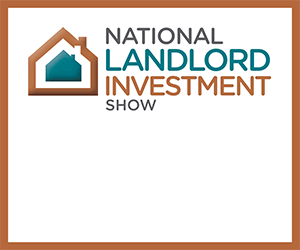
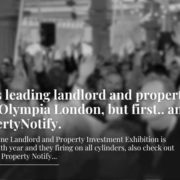


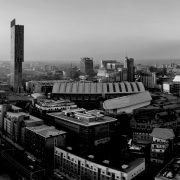

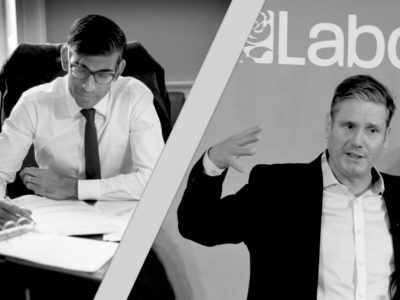
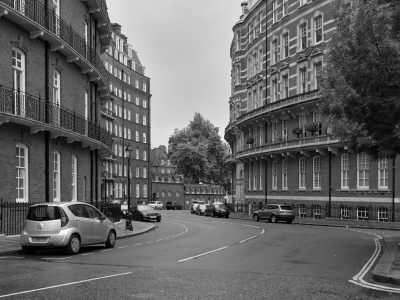

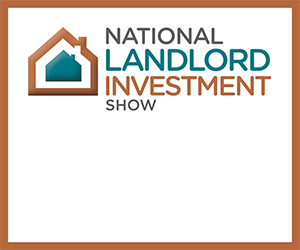
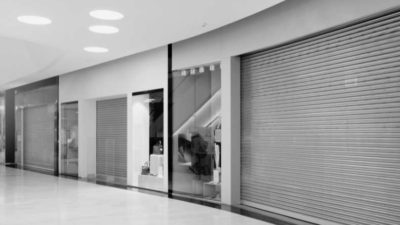
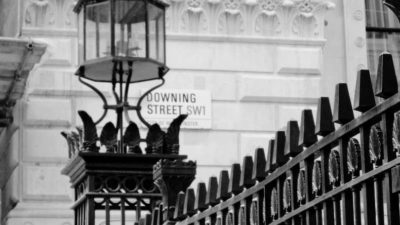
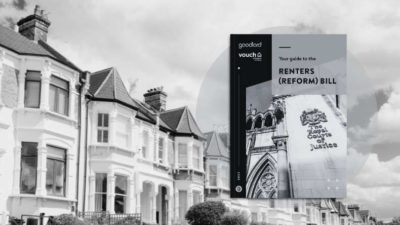

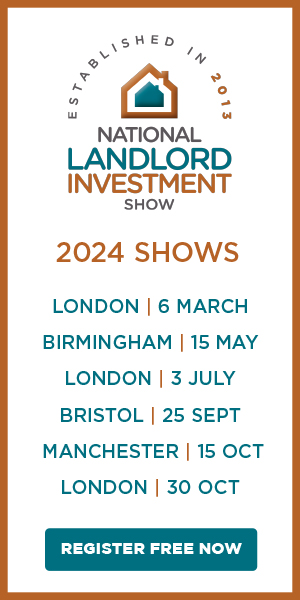
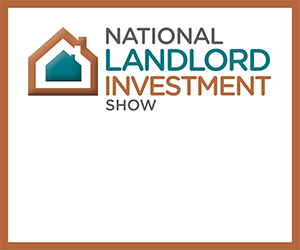
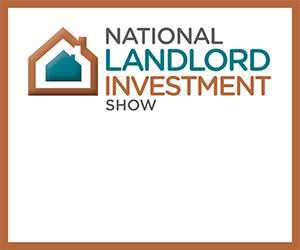
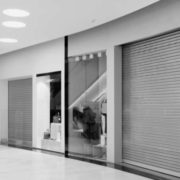
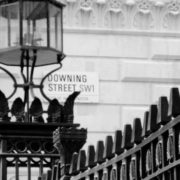
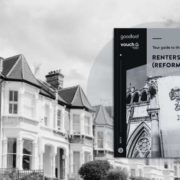



Comments